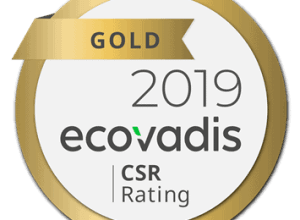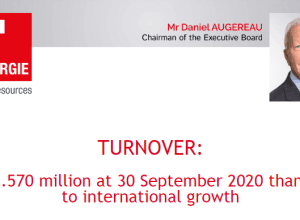Enhancing the candidate experience and managing the relationship with the candidate through the recruitment process


Call me ‘old school’ but if you’re not putting yourself in the candidates shoes or have the sense of how you would like to be treated if you were the one looking for a job – then you may be already behind the curve in managing the crucial part of a recruitment project delivery and that is managing the relationship throughout the entire cycle of a recruitment process. Ie. From when you first pitched them the client/role through to the offer management phase and the candidates final decision to accept or decline the offer.
This applies to both us Agency Recruiters and internal HR teams too.
Appreciate a candidate’s working experience and the time they invest and devote to you. Their time is just as valuable as our time.
Really understand what a candidate wants, what resonates with them when considering a change of career (ie. is it the company culture they seek, vertical career growth, hybrid working model, successful branded firm, change in career path – type of role / different sector..).
Make sure you really understand the client (if you are an Agency Recruiter) or your own firm (if you are in-house HR) – its history/where it is been, where is it now, and what the future looks like. Link how the candidate can fit into that. Check to see the level of engagement to be with that client.
Make sure you really understand the role – matching what the candidate wants to do next. Is there a focus on vertical growth or a role that provides new career pathways, or will learn new tasks, learn and use new technologies.
Be punctual, be accurate, and honest with your feedback and updates to the job seeker. Maintaining frequent communication on the current project you are dealing with them and at the same time checking on their progress on other recruitment roles they are involved in. Understand the jobseekers pros/cons on the role you are dealing with them.
And, in the case where they are considering multiple roles from various firms – don’t be afraid to ask where your role sits in their ranking. If it is not the best option, find out why, and what can you do to influence the jobseeker to change their opinion. Do you need to go back to your client and update them on the candidates thinking / can the client do something further to influence the jobseekers decision making.
I think if you’ve earned a candidate’s respect and they see you are putting in an effort, keep a positive attitude, empathetic and professional at what you do – they will reciprocate the same behaviors towards you.
Author: Tony Karas, Senior HR Consultant









